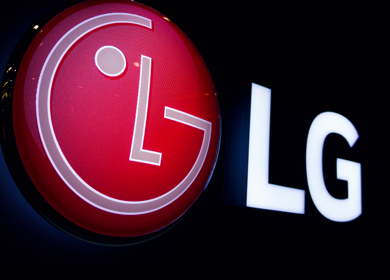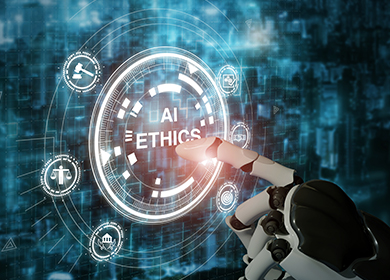Challenging AI models: how should marketers take this?
Published: May 22, 2023

The generative AI boom has had a profound impact on business operations.
Particularly after the launch of OpenAI’s ChatGpt, AI has become the major trend, and everyone has been talking about this. In fact, the hype around AI played a predominant role in diluting attention towards the metaverse.
And because of its virality, tech giants started to race to launch their own AI products in order to establish their power in this space. As a result, Google's LaMDA, Amazon’s Titan Databricks’ Dolly, Meta’s LLaMA, and so many other AI tools took birth and started to revolutionise industries.
Indeed, AI models offer exceptional benefits to users, which otherwise are tedious to accomplish. However, while some believe AI will make the world a better place, many are both impressed and terrified.
Why?
ChatGPT helps in content creation, and everyone knows it.
If the user gives the topic or relevant keywords, then ChatGPT will get them anything and everything. It is obviously helping them tremendously to get ideas instantly, complete the work faster, and save a significant amount of time while paving the way to improve work efficiency.
But the scary part for content creators here is: what happens if the tool completely replaces them in the future?
AI models can recreate the cool voices of celebrities as well.
Already, users on the internet are playing around with it and posting on social media. Even though it is not as accurate as real life, it can soon possibly be accurate with further upgrades.
If so, what happens if the fake completely replaces the original?
Not just this; the list is endless.
AI can generate music from your descriptions.
Indeed, now it looks funny and interesting for users. But how will the creative world eventually handle it?
AI can generate photos and videos with appropriate prompts from users.
What happens if people generate the images with malicious intent and circulate them on the internet? Although now users can identify that it is AI-generated because of some mistakes, over time, it won't give any clue that it is fake. If so, where will it end up?
Undoubtedly, AI has its dark side, and it is scary for many as it poses several challenges to the human-driven world.
Should marketers fear the dark side of AI?
One of the primary reasons why marketers believe AI models are compelling and unavoidable is that they produce better results with less time and effort.
Of course, the fear around "will AI replace me?" is shaking up everyone in the industry, and it is highly justifiable. However, we don’t believe AI can completely replace humans.
Because, when it comes to connecting with customers, the digital marketing industry still relies on elements of creativity, imagination, and originality. And human intervention is a must to accomplish this.
Let me be even more specific.
Recently, one of the industry's best-known freelance writing platforms added a new category called "Generative AI" to their marketplace. That means that many business leaders are looking for people who are knowledgeable about specific AI platforms.
What does it mean, and what does it imply for marketers?
Two things:
- AI is capable of summarising all the information that is already available. However, for real creativity, a human touch is mandatory. Be it adding perspectives to make it unique or to validate if it will work with the relevant audiences, and so on.
- The industry is changing, and everyone is being pushed to work together with AI to lead the race. Thus, in this competitive market, arming oneself with AI models and leveraging them for business success is critical.
Thus, for sure, it is the marketers’ responsibility to use LLM's ability to transform business processes, enhance customer experiences, and gain valuable insights from data without falling prey to AI models. For this reason, marketers must be clear that they should control AI models rather than the other way around.
Besides, by appropriately managing the potential ethical, social, and privacy concerns, marketers can efficiently handle this dilemma and use AI only to their growth and advantage.










Be the first one to comment.